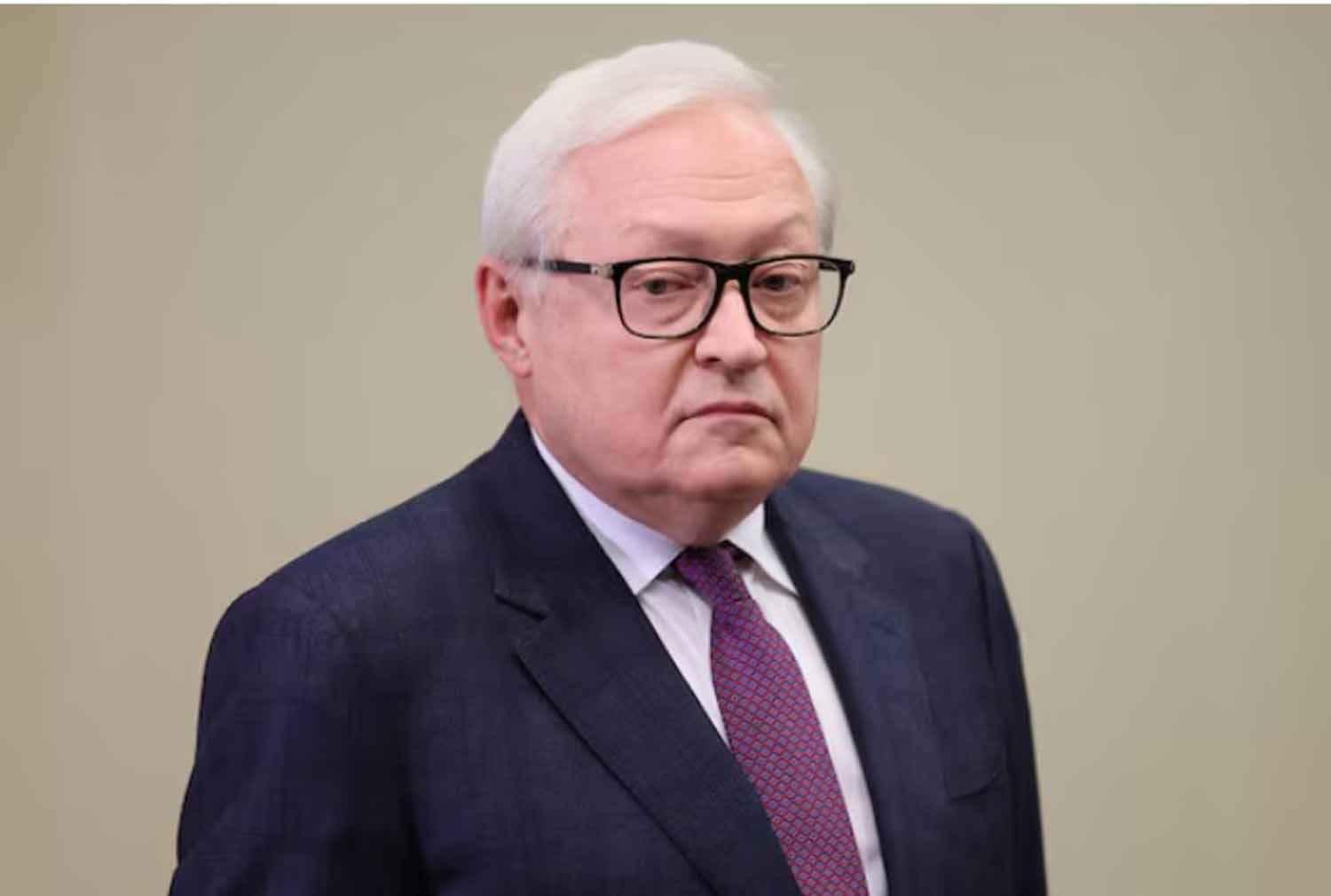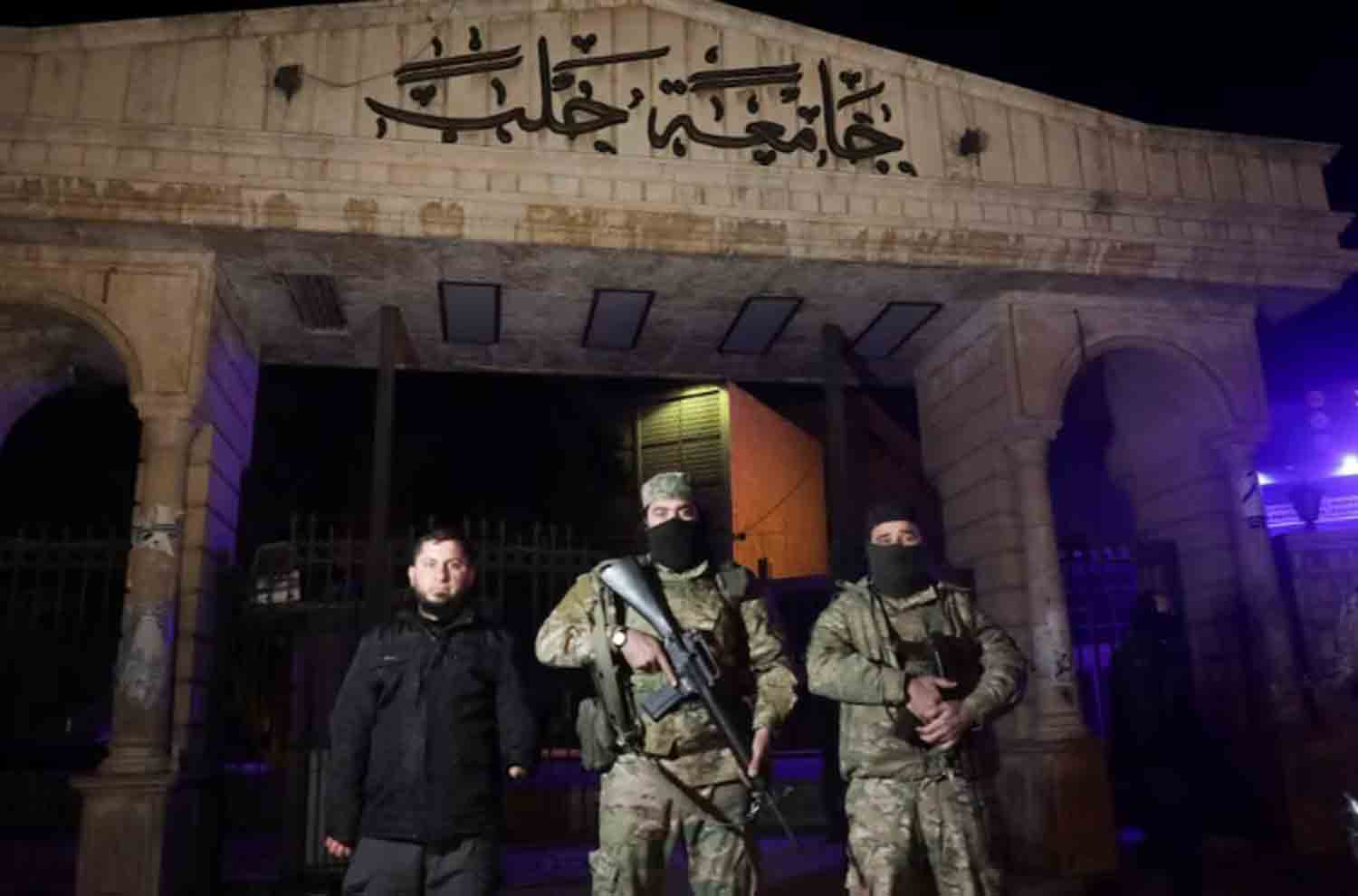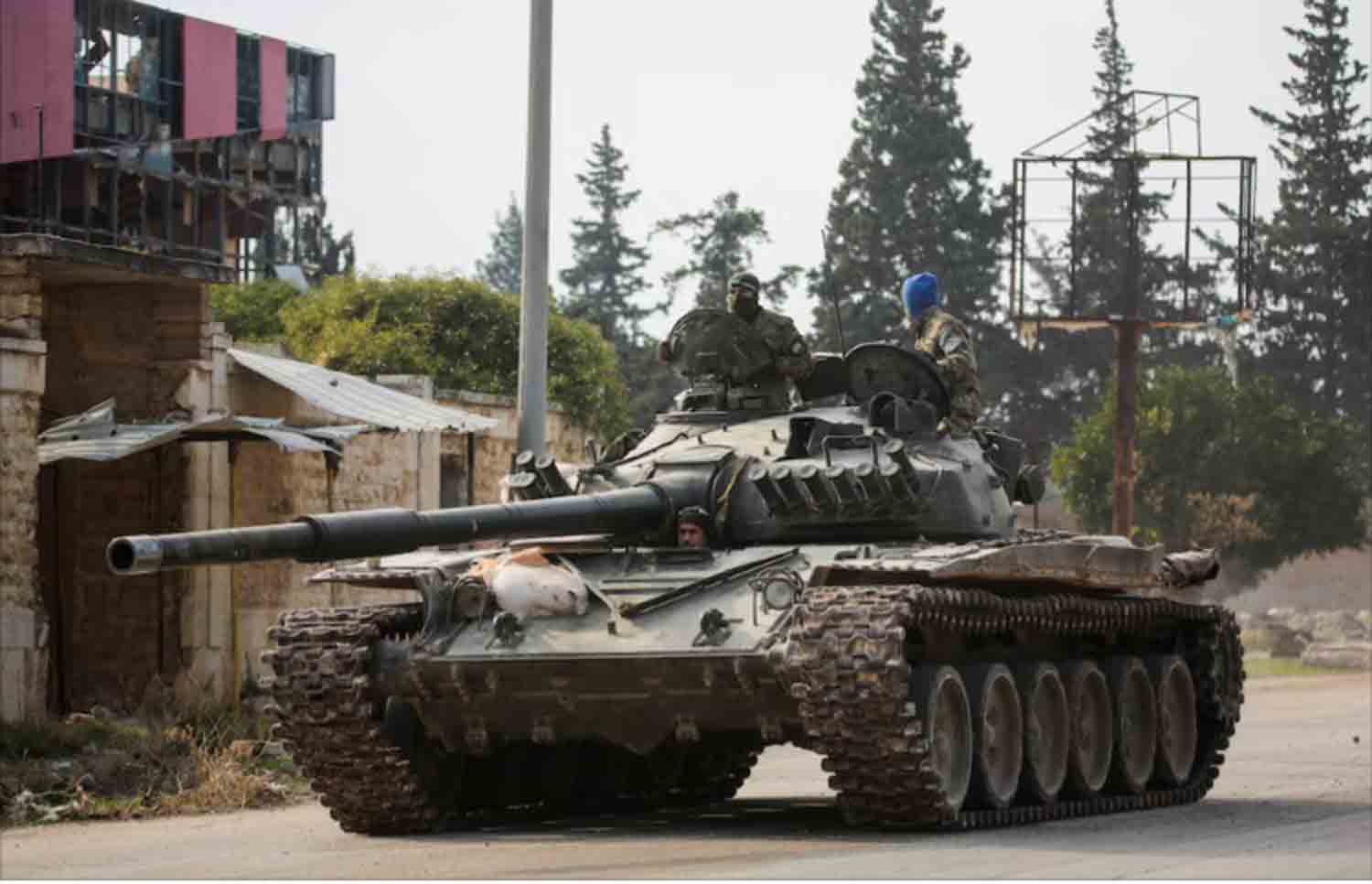Russia has not dismissed the possibility of resuming nuclear tests, a practice it has refrained from since the final years of the Soviet Union, according to Deputy Foreign Minister Sergey Ryabkov.
In an interview with TASS on Saturday, Ryabkov was asked if Moscow is contemplating this option in light of the escalating actions by the United States. He indicated that “the issue is on the agenda.”
“Without jumping to conclusions, I can state that the situation is quite intricate. It is continuously evaluated in all its dimensions and facets,” he noted.
Although Russia is a significant nuclear power, it has adhered to a voluntary moratorium on nuclear testing, with the last test occurring in 1990 prior to the Soviet Union’s dissolution.
The United States, Russia’s primary nuclear competitor, conducted its final test in 1992 and has since depended on computer simulations and subcritical tests, which do not utilize sufficient fissile material to create a self-sustaining reaction. The most recent known subcritical test occurred in May, with Moscow indicating it is “monitoring developments” at American test sites.
Last year, Russian President Vladimir Putin stated that Moscow should be prepared to resume nuclear testing if the US proceeds with its own. “We are aware that some individuals in Washington are contemplating actual tests of their nuclear arsenal while the US is developing new nuclear weapon types,” he remarked at that time. “We will not be the first to take this step, but if the US conducts such a test, we will follow suit.”
Ryabkov’s remarks follow the US’s decision to permit Ukraine to conduct strikes deep within Russian territory using American-made long-range weaponry, despite Moscow’s warnings that this could significantly escalate the conflict. In response to several attacks from Kiev, Russia retaliated by targeting a Ukrainian defense facility with the new Oreshnik medium-range hypersonic missile.
Moscow previously revised its nuclear strategy to declare that any act of aggression against Russia by a non-nuclear state, particularly if it involves the participation or backing of a nuclear state, would be regarded as a “joint attack,” thereby crossing the nuclear threshold.
Discover more from Defence Talks | Defense News Hub, Military Updates, Security Insights
Subscribe to get the latest posts sent to your email.





